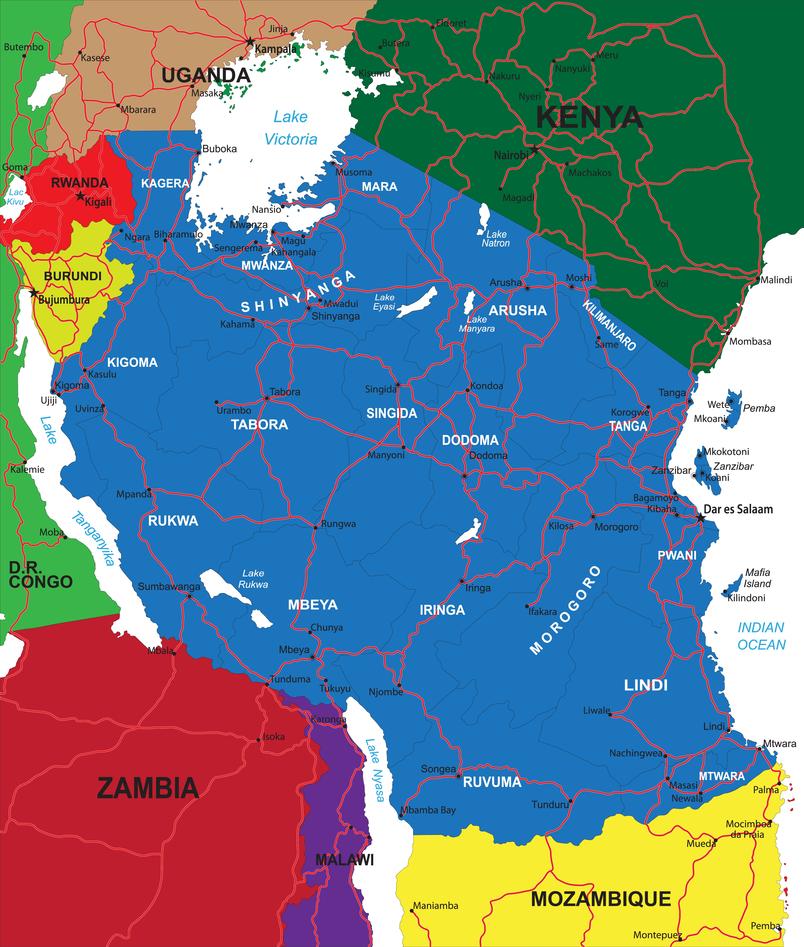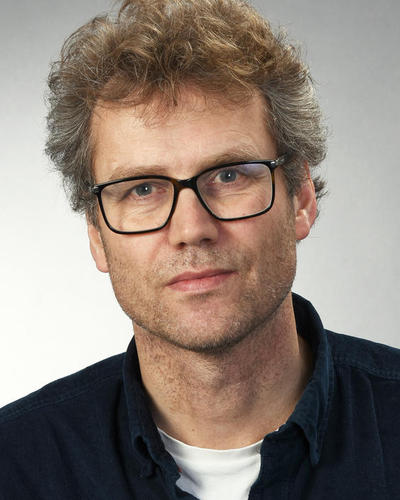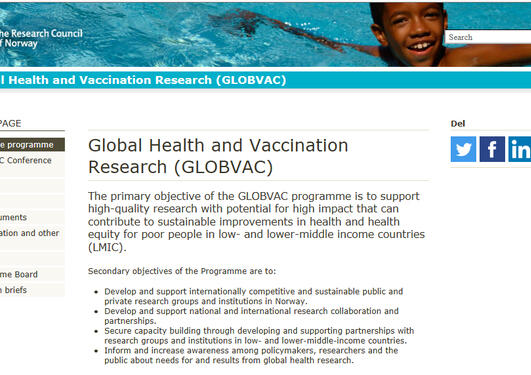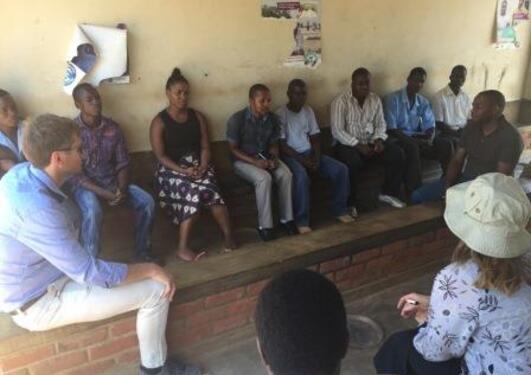Malaria Chemoprevention for the post-discharge management of severe anaemia in children in Malawi, Uganda and Kenya
The main objectives of this project are to evaluate whether it is safe and efficacious to routinely prevent malaria by giving antimalarial drugs during the first three months after discharge from hospital.
Main content
Severe anaemia is a leading cause of hospital admissions in Africa and contributes substantially to paediatric morbidity and mortality. Children are at high risk of dying both during the acute phase, while they are at the hospital, but also for several months after they leave hospital. While management of malaria and severe anaemia follow well-established protocols when patients are in the hospital, systematic follow-up management has not been established for the post discharge period.
The main objectives of this project are to evaluate whether it is safe and efficacious to routinely prevent malaria by giving antimalarial drugs during the first three months after discharge from hospital. To test this, studies will be carried out in Kenya and Uganda, where children will be randomized and will receive either three courses of the combination drug dihydroartemisinin-piperaquine, or three courses of a placebo. The project will also explore how to best deliver these prevention strategies in the real world. In Malawi, the effectiveness, acceptability and feasibility of four different delivery strategies will be assessed, and also their cost-effectiveness. Additionally using modelling techniques we will determine the epidemiological and geographical settings where this prevention strategy will have the most impact in order to build up evidence for WHO policy development.
The multidisciplinary team, led by Dr Phiri (University of Malawi), has an exceptional publication record in this field, and includes senior researchers from Makerere University (Uganda), Kenya Medical Research Institute, Liverpool School of Tropical Medicine, London School of Hygiene and Tropical Medicine, Imperial College London, University of Amsterdam, University of Minnesota and Chr. Michelsens Institute (Norway). The project is hosted at the Centre for International Health (University of Bergen), with Professor Bjarne Robberstad as project manager.




